The tax cut that would do most good
Tory leadership candidates are promising tax cuts. Matthew Lynn explains which one the winner should prioritise.

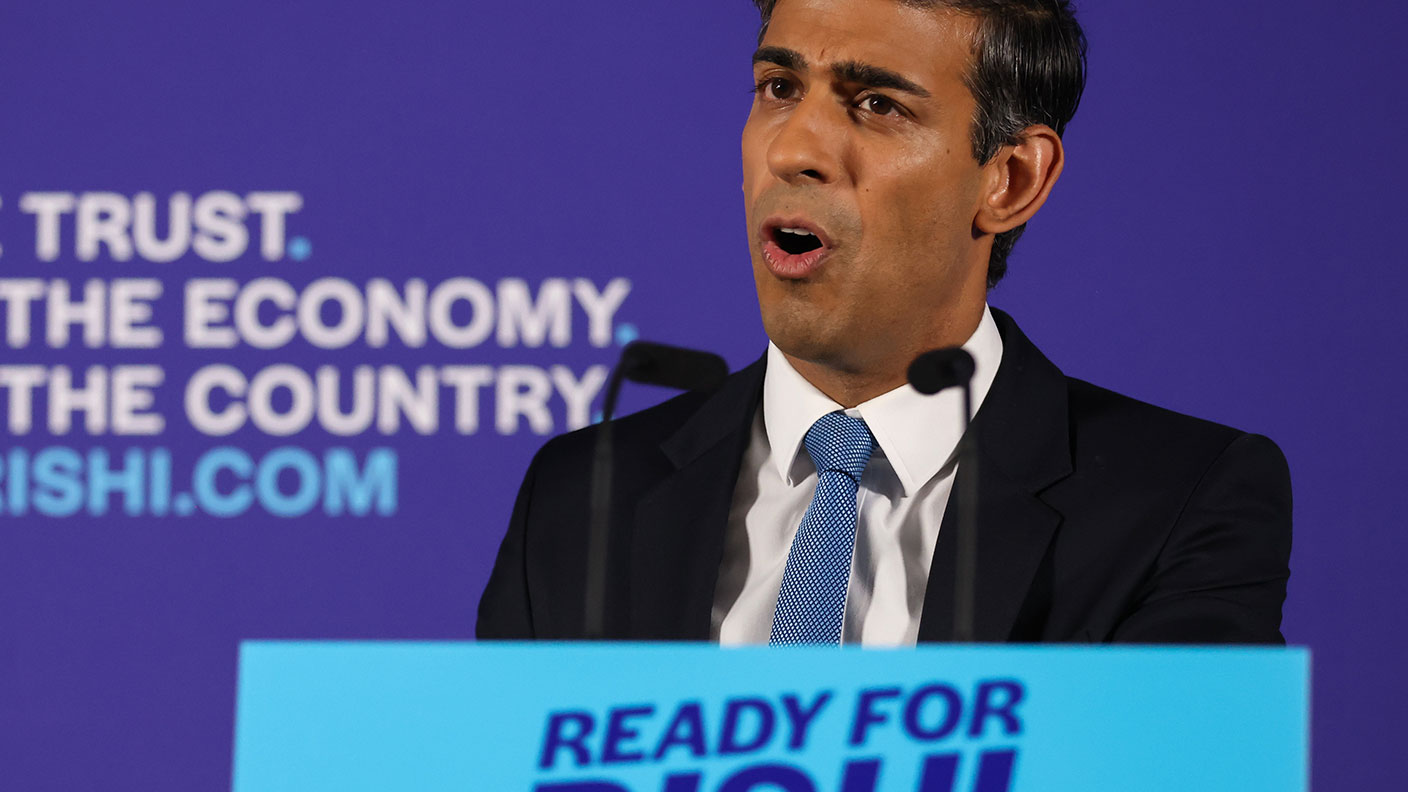
Get the latest financial news, insights and expert analysis from our award-winning MoneyWeek team, to help you understand what really matters when it comes to your finances.
You are now subscribed
Your newsletter sign-up was successful
Want to add more newsletters?

Twice daily
MoneyWeek
Get the latest financial news, insights and expert analysis from our award-winning MoneyWeek team, to help you understand what really matters when it comes to your finances.

Four times a week
Look After My Bills
Sign up to our free money-saving newsletter, filled with the latest news and expert advice to help you find the best tips and deals for managing your bills. Start saving today!
With the unfortunate exception of Rishi Sunak, who is boxed in by his record as chancellor, every candidate to take over from Boris Johnson as prime minister is promising spectacular cuts in tax. It is a little hard to work out what they have all been doing for the last couple of years while taxes were being raised to peacetime records, given how much they dislike them. But still, cynicism aside, it is refreshing to see that the Conservative Party still has some interest in lower taxes.
The trouble is, with an economy heading into recession and with huge demand for better public services, it does not sound very credible. We can’t cut national insurance, corporation tax, VAT, fuel duty or inheritance tax at the same time as spending record amounts of money.
With a recession looming, tax revenues will soon be going down and welfare spending up, putting even more pressure on the public finances. A winning candidate should choose one tax cut – and mean it. Halting the planned rise in corporation tax to 25% scheduled for next year is the best bet, for three reasons.
MoneyWeek
Subscribe to MoneyWeek today and get your first six magazine issues absolutely FREE

Sign up to Money Morning
Don't miss the latest investment and personal finances news, market analysis, plus money-saving tips with our free twice-daily newsletter
Don't miss the latest investment and personal finances news, market analysis, plus money-saving tips with our free twice-daily newsletter
Hobbled competitiveness
First, it makes the UK uncompetitive globally. Corporation taxes have been steadily coming down around the world for the last decade, and the UK was quite rightly in the vanguard of that. In 1980, the average corporate tax rate was around 40%, according to figures from the Tax Foundation. By this year, it had fallen to 23%, and it is still coming down.
In the US, Donald Trump slashed corporate rates, and his successor has only partially reversed that. Sweden, Belgium and even France have all made significant cuts to their rates over the last few years. Over the last decade, the UK cut the rate by ten percentage points, and was set to bring it down even further, giving it one of the most competitive systems among the major developed countries.
Having left the EU and the single market, it was important to keep driving that down. After all, we need to make ourselves more attractive to global business, not less so. This is the worst possible moment to raise the tax rate businesses have to pay – and we will quickly pay a price for that as fewer companies decide to base themselves here.
Next, it will reduce investment. Firms don’t have many options when it comes to finding the money to pay for new product launches, extra manufacturing capacity, or setting up whole new units. They can try borrowing from the bank, although the answer is usually no, or they can raise capital from outside investors, although that is a lot of work. Usually they invest through retained earnings. If those are taxed more heavily, there will be less investment. Sunak did include a tax break for investment, but allowances are fiddly and hard to claim. They rarely work as well as the chancellor expects. The net result? Investment will be much lower than it otherwise would be – especially among small businesses.
The worst mistake
Finally, the Treasury gets the money anyway. Although it might come as a surprise to the people who constantly clamour for higher corporate taxes as if it were free money, companies don’t actually hold onto any cash. It all gets used one way or another, either to pay higher dividends to the shareholders or else higher wages to the directors or staff (and even if it is deposited in the bank, it will be lent out to someone else). When it is paid out, it will be taxed, and usually at a higher rate as well. One way or another the money finds its way into the economy and gets taxed. It just depends at what point, and at what rate.
The Johnson-Sunak government made lots of mistakes on tax policy. It was too quick to put taxes up, it didn’t put any serious thought into what to do with the money and it showed no real interest in controlling public spending. But of all of them the rise in corporation tax was by far the worst. It was too sudden a jump, taking the tax rate up by a third in a single step, it hit the sector we most need to grow, and it made the UK less competitive against its key rivals. The Tory leadership candidates are all keen on tax cuts. Make it that one.
Get the latest financial news, insights and expert analysis from our award-winning MoneyWeek team, to help you understand what really matters when it comes to your finances.

Matthew Lynn is a columnist for Bloomberg and writes weekly commentary syndicated in papers such as the Daily Telegraph, Die Welt, the Sydney Morning Herald, the South China Morning Post and the Miami Herald. He is also an associate editor of Spectator Business, and a regular contributor to The Spectator. Before that, he worked for the business section of the Sunday Times for ten years.
-
 How a ‘great view’ from your home can boost its value by 35%
How a ‘great view’ from your home can boost its value by 35%A house that comes with a picturesque backdrop could add tens of thousands of pounds to its asking price – but how does each region compare?
-
 What is a care fees annuity and how much does it cost?
What is a care fees annuity and how much does it cost?How we will be cared for in our later years – and how much we are willing to pay for it – are conversations best had as early as possible. One option to cover the cost is a care fees annuity. We look at the pros and cons.
-
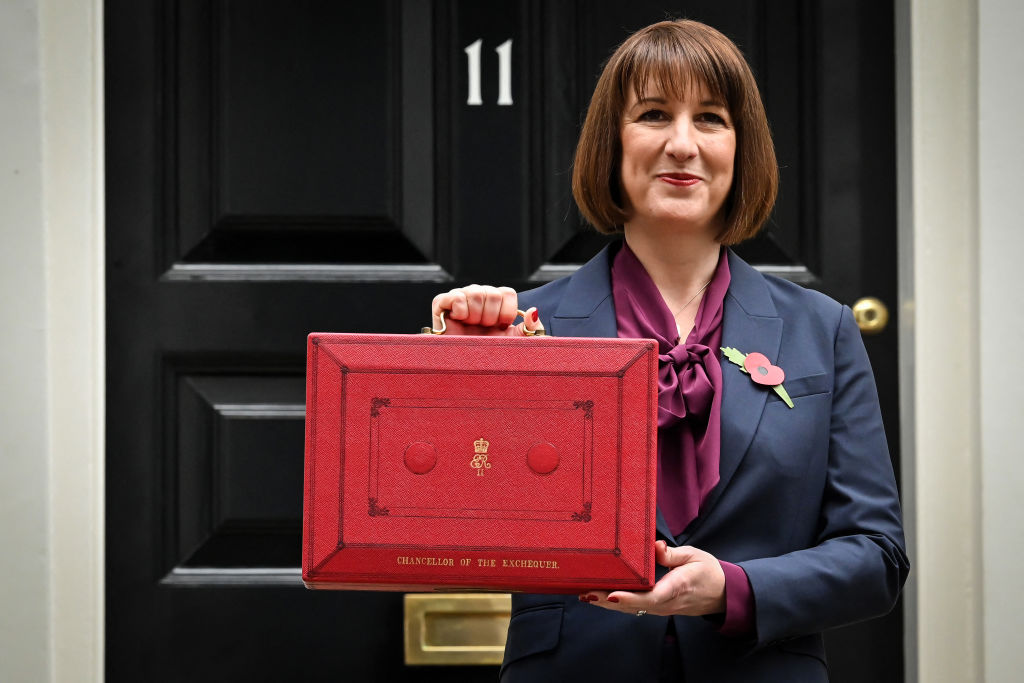 What has changed with employers’ National Insurance – and how will it impact you?
What has changed with employers’ National Insurance – and how will it impact you?Will you feel the effects of the National Insurance hike, as businesses warn of redundancies, smaller pay rises and higher inflation?
-
 Conservatives pledge to cut National Insurance again – how much could you save?
Conservatives pledge to cut National Insurance again – how much could you save?News A 2p reduction in National Insurance is a key feature of the Tory’s general election manifesto.
-
 Workers set for new national insurance tax cut – how much will you save?
Workers set for new national insurance tax cut – how much will you save?News National insurance tax rates have fallen but frozen allowances may limit the benefits.
-
 Spring Budget: What the latest National Insurance cut means for you
Spring Budget: What the latest National Insurance cut means for youNews Chancellor Jeremy Hunt announced a 2p cut in National Insurance in his latest fiscal update – how much could you actually save?
-
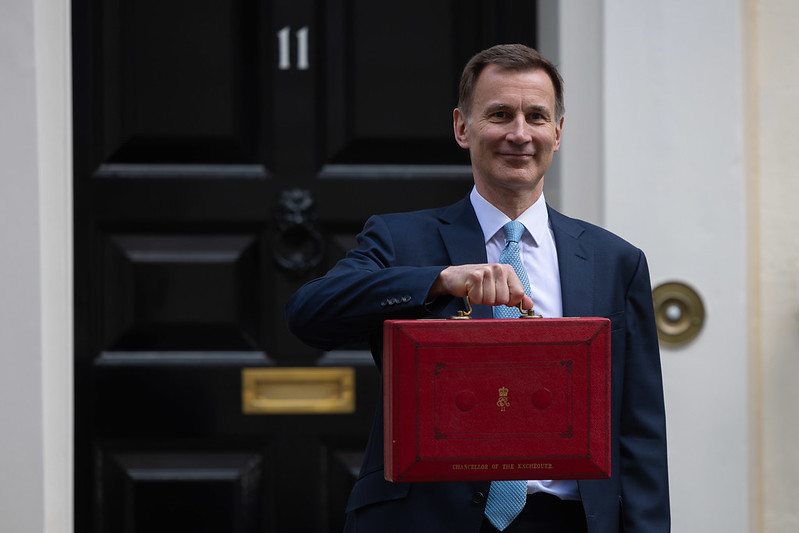 Budget 2024: National Insurance cut, a new British ISA, and reform of the child benefit charge - here’s what has been announced
Budget 2024: National Insurance cut, a new British ISA, and reform of the child benefit charge - here’s what has been announcedThe chancellor has announced a host of changes, including cutting National Insurance again, and abolishing some tax reliefs. Here’s how the Budget will affect your finances.
-
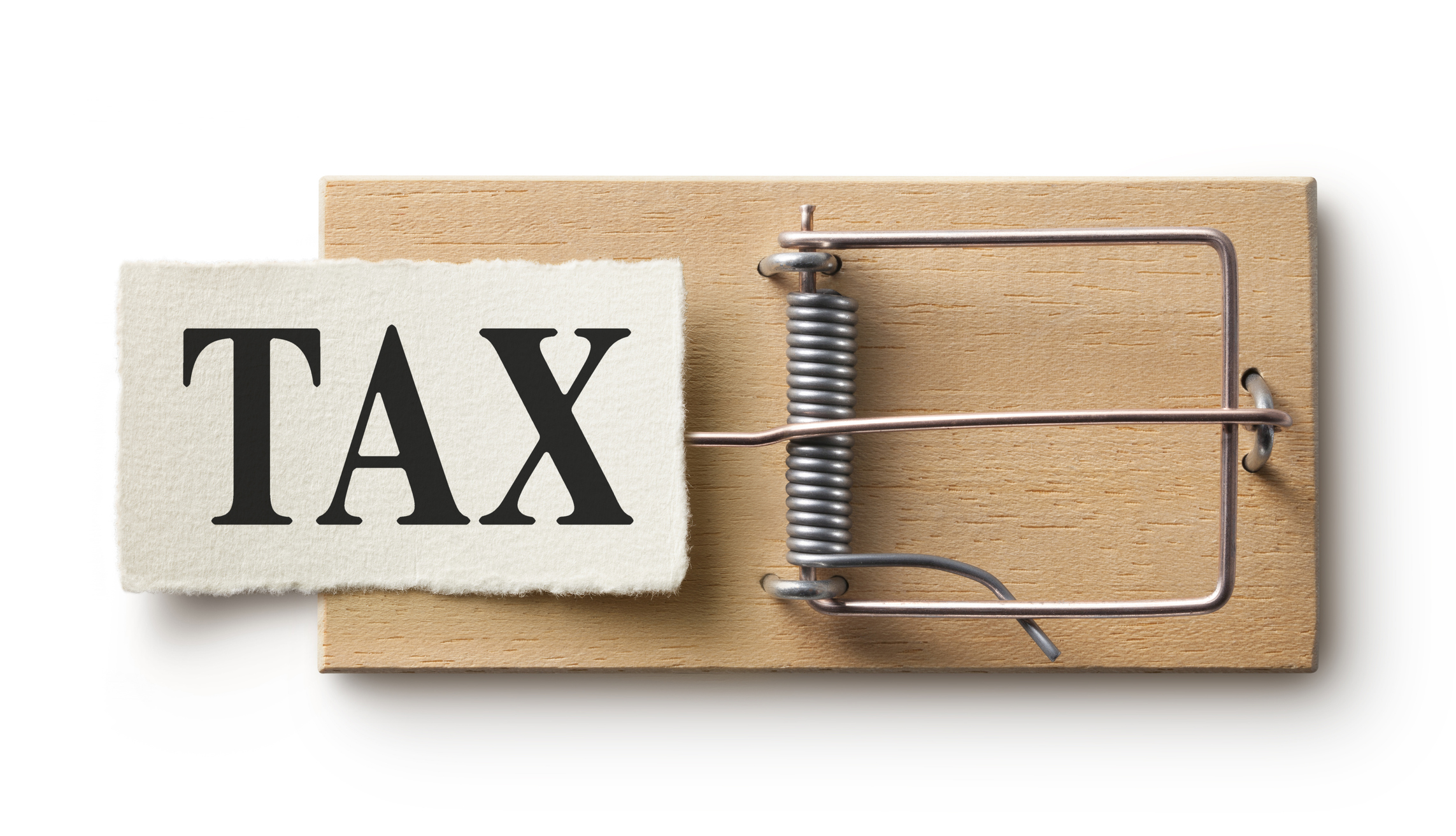 Brace for a year of tax rises
Brace for a year of tax risesThe government is strapped for cash, so prepare for tax rises. But it’s unlikely to be able to squeeze much more out of us.
-
 Is an inheritance tax (IHT) cut on the way?
Is an inheritance tax (IHT) cut on the way?Tax Talk that the government might cut or scrap inheritance tax in its Autumn Statement is rife. We look at how it could be reformed, and what difference it would make.
-
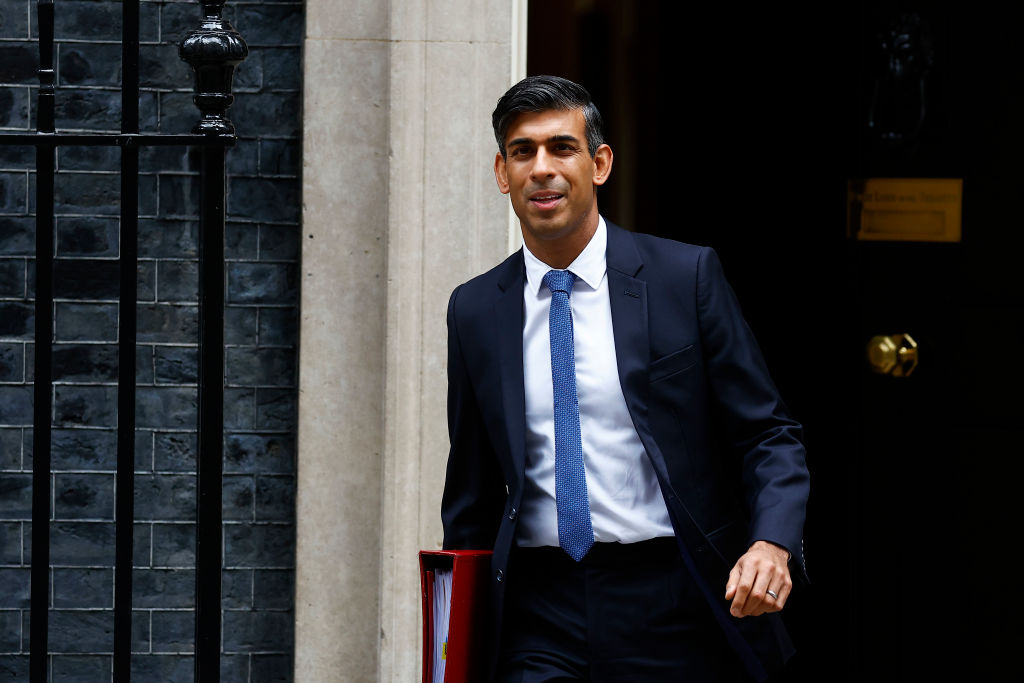 Government considering cuts to inheritance tax, reports say
Government considering cuts to inheritance tax, reports sayThe Sunday Times reported government officials are considering cuts to inheritance tax ahead of the general election.